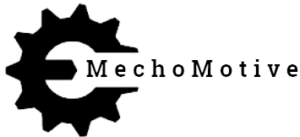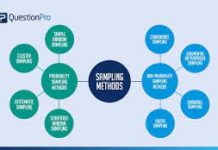PHP is a general-purpose scripting language geared towards web development. It was originally created by Danish-Canadian programmer Rasmus Lerdorf in 1994. The PHP reference implementation is now produced by The PHP Group. PHP originally stood for Personal Home Page, but it now stands for the recursive initialism PHP: Hypertext Preprocessor.
PHP code is usually processed on a web server by a PHP interpreter implemented as a module, a daemon or as a Common Gateway Interface (CGI) executable. On a web server, the result of the interpreted and executed code – which may be any type of data, such as generated HTML or binary image data – would form the whole or part of an HTTP response. Various web template systems, web content management systems, and web frameworks exist which can be employed to orchestrate or facilitate the generation of that response.
Additionally, it can use for many programming tasks outside the web context, such as standalone graphical application and robotic-drone control. PHP code can also be directly execute from the command line. The standard interpreter, power by the Zend Engine, is free software release under the PHP License. PHP has widely ported and can deployed on most web servers on a variety of operating systems and platforms.
This language evolved without a written formal specification or standard until 2014, with the original implementation acting as the de facto standard which other implementations aimed to follow. Since 2014, work has gone on to create a formal specification.
What is the use of PHP?
This is a server side scripting language that is embedded in HTML. It is use to manage dynamic content, databases, session tracking, even build entire e-commerce sites. It is integrate with a number of popular databases, including MySQL, PostgreSQL, Oracle, Sybase, Informix, and Microsoft SQL Server.
Which big websites use PHP?
- Facebook.
- Wikipedia.
- Tumblr.
- Slack.
- MailChimp.
- Etsy.
- WordPress.
Should I learn Django or PHP?
So many technologies for frontend and backend. It gets kind of difficult for developers to choose from so many options. Let us help you out there. This article explains the difference between PHP and Django framework.
Why is PHP so popular?
It is back up by a huge library of resources and tutorials. Being open source, developers get to learn from users across the globe and this has a defining reason why this is being adapt by every web developer today.
Is PHP a programming language?
This is an open-source scripting language design for creating dynamic web pages that effectively work with databases. It is also use as a general-purpose programming language.
Who is using Django?
- Instagram.
- National Geographic.
- Mozilla.
- Spotify.
- Pinterest.
- Disqus.
- Bitbucket.
- Eventbrite.
Is this difficult to learn?
This is one of the easier programming languages to learn. This is because it has a strong ecosystem of resources available for beginners and it has a syntax that is forgiving to beginners. Whether you struggle to learn it depends on your experience with programming.
Is this a dead language?
It isn’t quite dead, but it isn’t fully alive either — not in an independent manner like JavaScript is currently in the development ecosystem. With this being an integral part of a content creation ecosystem, it is unlikely to disappear in a year or two or any time soon.
How relevant is PHP today?
Despite the undeniable potential of fresh new languages like Python or Ruby, it remains one of the most widely spread programming languages on the Web today. To be more precise, it approximately 78.9% of all websites today use. Every eight out of ten websites use this as their core language.





